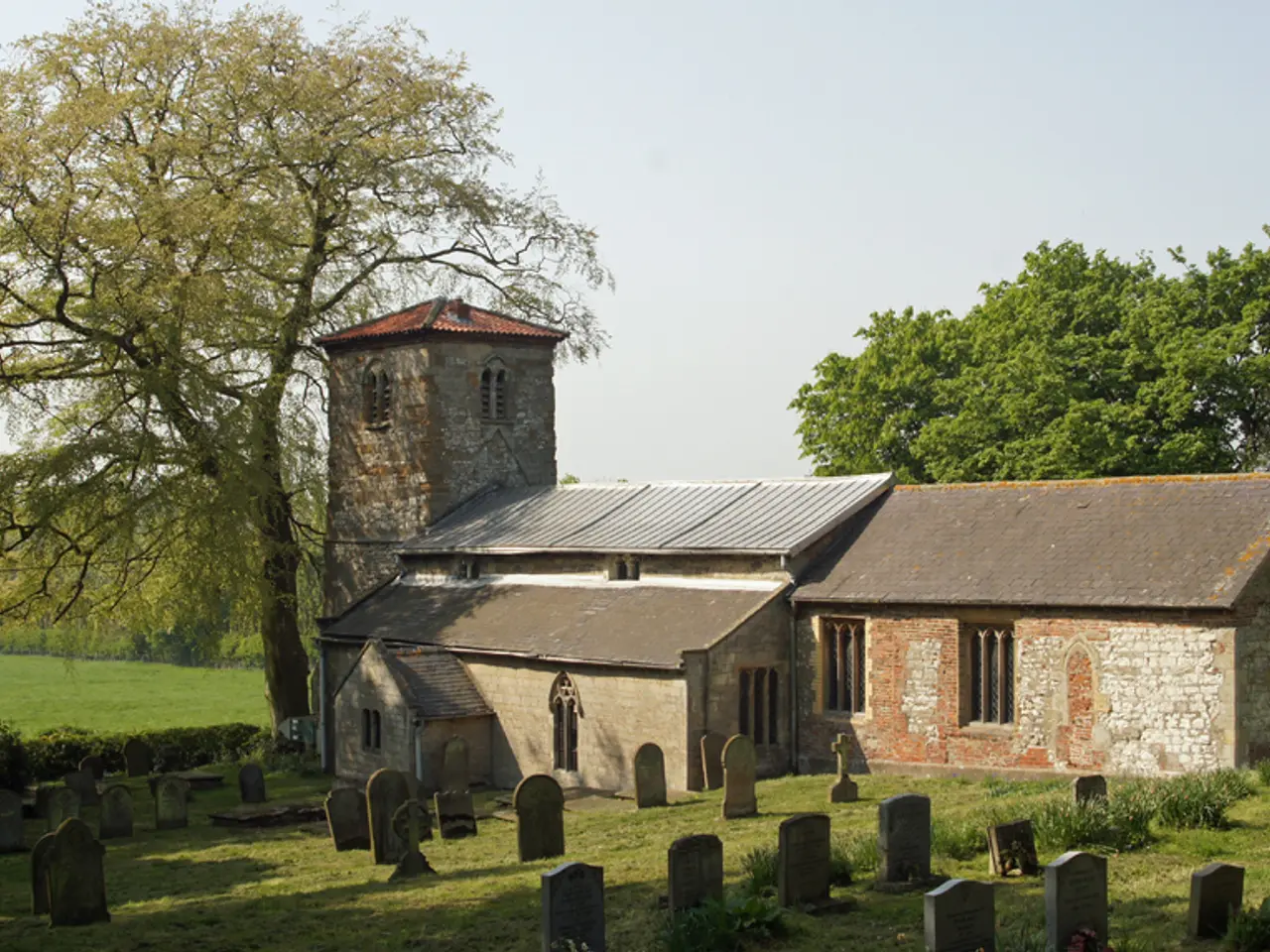Myth of Okinawa's Longevity Challenged by Official Statistics
The myth of exceptional longevity in 'blue zones' like Okinawa is facing scrutiny. Official statistics challenge the notion of these regions being hotspots for supercentenarians, with many claims of extreme age lacking reliable verification.
Okinawa, once hailed as a 'blue zone' with an abundance of centenarians, is now under the spotlight due to doubts about its residents' ages. The Japanese government's records, such as the koseki family registry, are typically the most reliable sources for birth dates. However, war-related archive destruction in Okinawa makes verification difficult.
Researcher Saul Justin Newman found that 80% of supposedly 110-year-olds worldwide lack reliable birth documents. This raises questions about the authenticity of age claims in Okinawa and other 'blue zones'. The issue is not unique to Okinawa; in Japan, 82% of over 100-year-olds were found to be deceased, and 230,000 centenarians were considered 'missing'. Similar issues were reported in Greece and Italy, where thousands of deceased centenarians were found to be receiving pensions.
The concept of 'blue zones' gained popularity through a Netflix documentary, promising a long, healthy life. However, Eurostat data shows that Sardinia and Ikaria, other regions considered 'blue zones', do not rank high in life expectancy at old age. Registration inconsistencies due to occupation administrations and language and calendar problems may have led to errors in records, further complicating the issue.
The myth of extraordinary longevity in 'blue zones' is being questioned by official statistics. While the idea of these regions as hotspots for supercentenarians is appealing, the lack of reliable verification for many age claims calls for a more critical examination. Further research is needed to separate fact from fiction in the quest for a long, healthy life.
Read also:
- Willich's Senior Citizens Prepare for Council Elections, City Celebrates International Day of Older Persons
- Indigenous-Managed Forests Key to Fighting Amazon Fires and Saving Lives
- Chronic Stress: Holistic Management for Physical and Mental Health
- Pre-Hispanic Colombian Faces Revealed: Digital Reconstruction Unmasks Mummies





